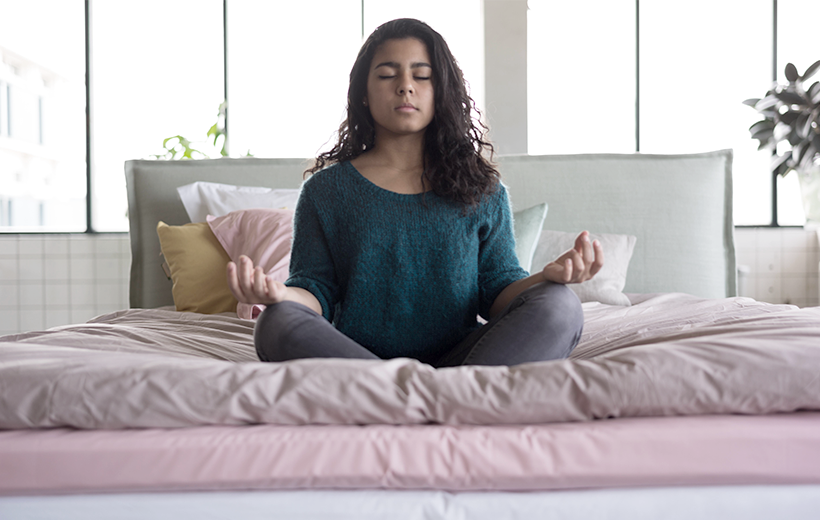There is no doubt that sleep is one of the most important functions of the body and is necessary not only for our physical but also for our mental health. Research shows that adequate sleep for adults 18 to 64 years old takes 7-9 hours, while for teenagers 14 to 17 years old, 8 to 10 hours of sleep is recommended.
Still, about 50 percent of adults experience sleep disorders, according to the American Academy of Sleep Medicine. These problems appear in various forms: inability to fall asleep, sleep interruptions during the night, early awakening, or feeling tired in the morning hours.
The characteristics of good sleep
According to the National Sleep Foundation in the US, good sleepers spend at least 85% of their total time in bed asleep, fall asleep within 30 minutes, wake up only once a night, and stay awake for less than 20 minutes before falling asleep again.
But quantity alone is not enough. The quality of sleep is more important than quantity, according to experts. Deep, uninterrupted sleep is rejuvenating for the entire body. During sleep, our brain processes the knowledge it got during the day, register information, and forms memories. Sleep also lowers heart rate and blood pressure, allowing the heart to rest. The health of our hormonal, cardiovascular, immune, and metabolic systems depends on the intake of adequate and good-quality sleep.
How does mindfulness practice help with sleep?
The practice of mindfulness, or in Greek consciousness, is scientifically proven to contribute to improving not only the quality but also the duration of sleep.
When we practice for a period of time, signs of chronic stress in the body are reduced, blood pressure is lowered and the hormonal system is balanced.
One of the ways that the practice of mindfulness helps sleep is through the ability to distance ourselves from the unpleasant thoughts that may preoccupy us and often torment us, especially at night. With mindfulness, we train the muscle of attention to focus on the breath or the body and thus avoid destructive thought patterns or the common phenomenon of ruminating on unpleasant events or thoughts.
By practicing mindfulness we also gain the ability to become more aware of the body's sensations and thus recognize the signs of fatigue in our body so that we can take better care of ourselves.
Mindfulness practices
Body scan
A mindfulness exercise that is particularly beneficial for sleep is the body scan. In this exercise we mentally observe the sensations present in the body, usually starting from the feet and reaching the head. Lying on your back, try bringing your attention to all parts of the body in turn, noticing whatever sensations arise at the time, without judgment. There is a chance that in some places there is an absence of sensation and this is completely normal. If you notice that the attention has wandered to some distraction, thoughts, conjuring images or sounds, no problem – acknowledge it and come back to the practice.
Conscious breathing exercise
Another practice that helps to reduce the symptoms of stress and can contribute to a night of good sleep, is the exercise of conscious breathing where we lengthen the duration of exhalation. In particular, when we focus on exhalation, it is scientifically proven that the parasympathetic nervous system is activated which helps to regulate the body's stress reactions. Quite simply, it's like putting the "brake" on stress and activating the body's ability to calm down. So you can practice sitting or lying down, inhaling through the nose and exhaling slowly and steadily through the mouth, twice the time. If for example, your inhale takes 3 beats, your exhale will take 6 beats. Repeat this exercise for 5 or 10 minutes and notice how you feel when you're done.
For more mindfulness exercises as well as online mindfulness programs with the guidance of certified instructors from the most important foreign universities in the field, you can contact the One Breath Mindfulness Center.
Myrto Legakis
